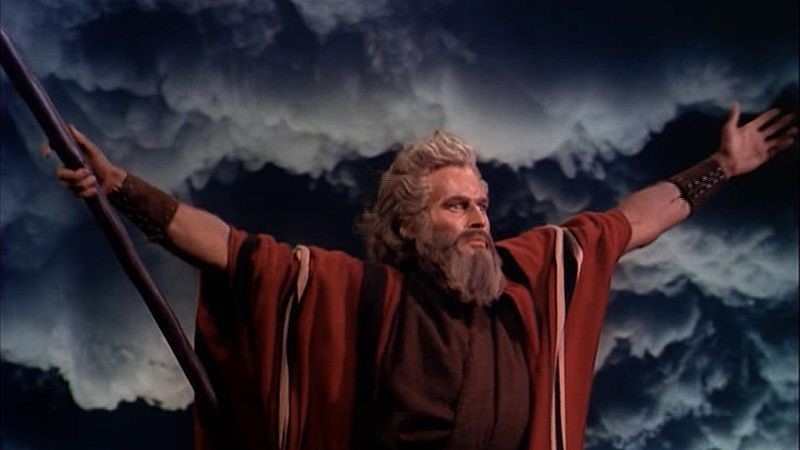Daw Morningstar fund manager ratings rough at best
Post on: 17 Июнь, 2015 No Comment

Morningstar Research Inc. has started to rank mutual fund managers based on an assessment of the somewhat nebulous quality: Stewardship.
Morningstar Research Inc. has started to rank mutual fund managers based on an assessment of the somewhat nebulous quality: Stewardship.
Their analysts have completed a highly subjective assessment of how well the management culture, fees, compensation system and regulatory history aligns each company with the interests of its investors.
The grading system is rough at best. It ranges from plus eight to minus two, and is then translated into letter scores in a way that would spark revolts on most college campuses.
An overall score of 6.5 is assigned a B grade, yet it might be considered a mark of 81 per cent if it were compared with the top mark of eight.
So the differences among companies is likely exaggerated, and this has exposed a potentially useful exercise and analysis to both praise and derision.
That top score of eight — denoting absolute perfection in the careful and responsible management of other people’s money — has been awarded to little Steadyhand Investment Funds Inc.
Yet the company does not have much of a track record. It was founded little more than three years ago, and has only about $100 million in assets under management. That compares with nearly $100 billion at Investors Group, which is given a mark of 3.5, or C.
What Steadyhand of Vancouver does have going for it is the track record of Tom Bradley, who was president of the highly respected, low-fee, fund manager Phillips, Hagar & North Ltd. before it was bought by the Royal Bank of Canada affiliate RBC Asset Management Inc.
Morningstar, which also has a five-star rating system for ranking the past performance of individual mutual funds, says Bradley’s firm has “provided the very things we’ve been screaming for in a fund company.”
The fees for its Canadian equity fund are 1.7 per cent of assets, which is low in the world of mutual funds, although not compared with pension plans or exchange-traded index funds. It sells directly to the public, and uses outside managers, who invest their own money alongside investors.
Not surprisingly, Bradley appreciates the ranking and has high praise for Morningstar. Yet he cautions readers to take his comments for what they are worth.
“What they are doing is what should be part of every investor’s thought process when hiring a manager. And what they have studied is almost impossible for the individual investor to dig into.”
So he praises Morningstar for “doing a lot of the heavy lifting” in collecting information about how fund managers are compensated and whether they invest alongside their clients.
Meanwhile, Morningstar expresses high praise for the record of investment performance at Sprott Asset Management Inc. then slams it with the same low grade as Investors Group, whose fund performance has not been all that good.
“Its (Sprott’s) funds are among the most expensive in the industry and employ a performance fee structure that we think benefits the firm’s shareholders more than fund unitholders,” says Morningstar.

Eric Sprott, whose company manages about $5 billion in assets, said he had never heard of stewardship ratings before Wednesday. (Morningstar’s U.S. parent company has been doing stewardship ratings for several years.)
“We have incentive fees…because we have outperformed the market massively and we want to get paid for that. If we don’t out-perform we don’t take (an incentive) fee.
“If people have a computer looking at something, the computer thinks we charge too much, in a good year. But we know the computer doesn’t know what it is talking about.”
“We cannot be more atuned to what our funds are invested in, than what we are doing. That’s almost impossible. We are out there saying every month what the world is doing and we invest accordingly.”
Sprott said he is the largest investor in his company’s funds, with the rest of his money in gold. He has an aggressively bearish outlook on the world economy that could prove either highly profitable, or a grave disappointment for his investors.
Mutual fund analyst Dan Hallett, director of asset management at Highview Financial Group in Oakville, says he thinks Morningstar’s analysis is important.
Nevertheless, he predicts investors will still flock to Sprott and funds given a low ranking, as long as they produce strong long-term returns and are not run by crooks.
“What is important to Morningstar may not line up with what investor A or B thinks,” says Hallett. “What’s important is knowing how (their analysis) is put together and how it lines up with your concerns.”














